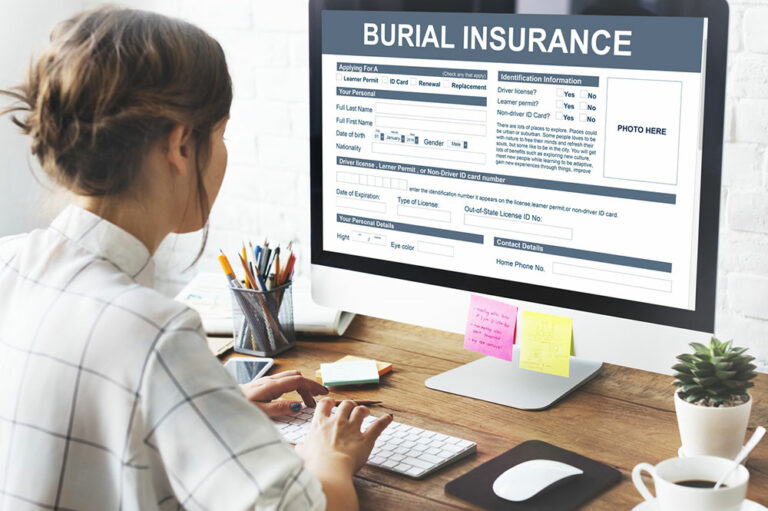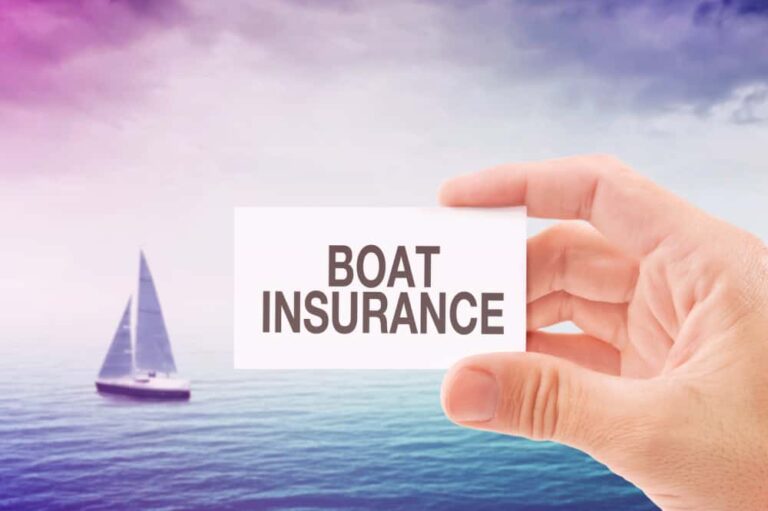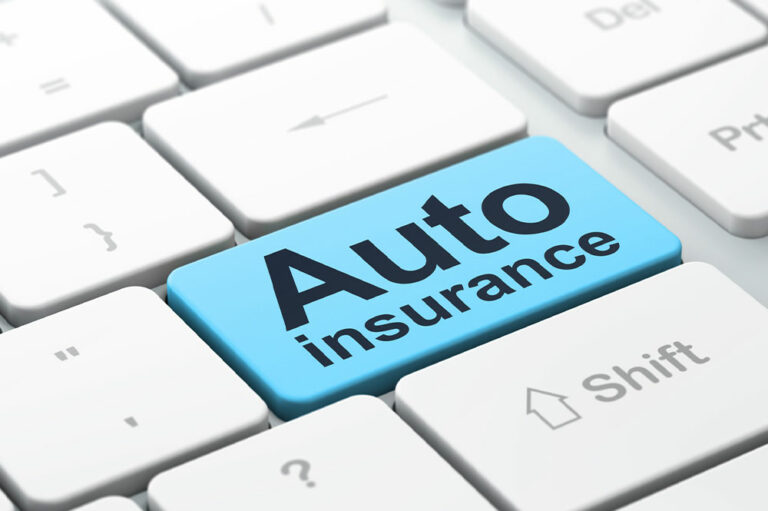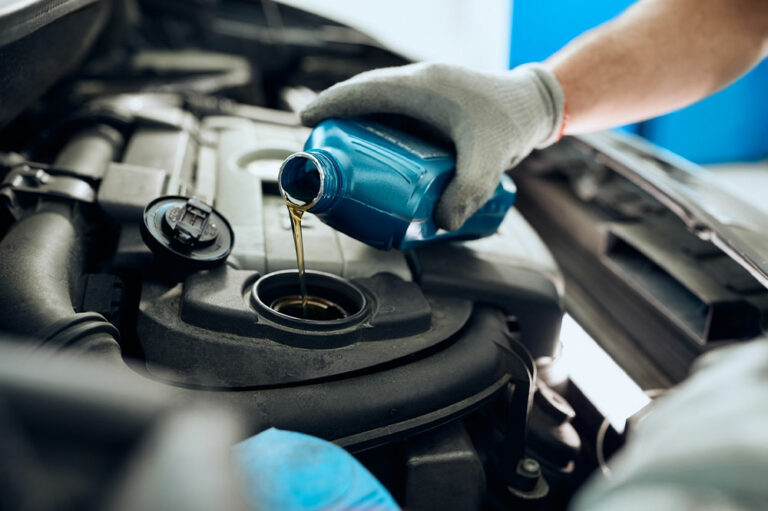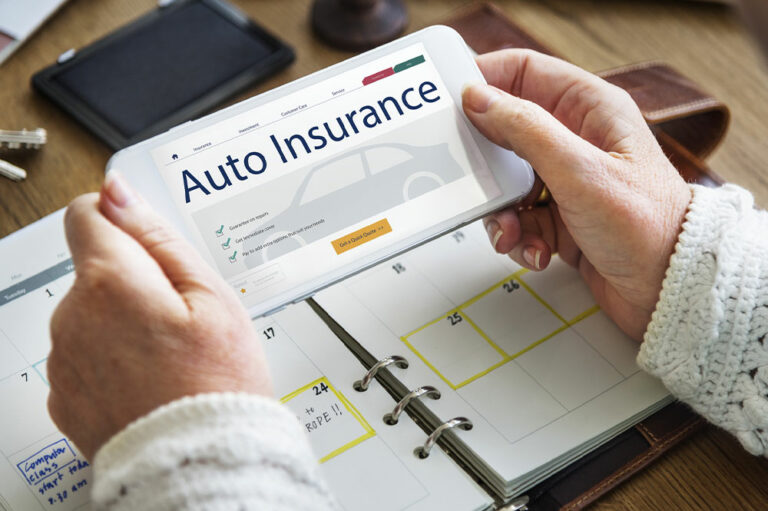
insurance
Avoid These 10 Mistakes When Buying Auto Insurance
One of the biggest lapses you can make as a car owner is not getting car insurance. However, it is important to avoid buying the first insurance policy you find. As purchasing a car is a huge decision, you should avoid leaving it unprotected, and getting auto insurance also helps you avoid hefty fines. Before getting the car insured, you should do your research, find the best provider, and avoid the following mistakes. Not comparing policies You should get quotes for multiple auto insurance policies offered by various providers. If you don’t compare the premium amount and coverage, you might end up getting an expensive policy with inadequate coverage. So, exploring all options is a crucial measure for getting a good deal. It is also important to analyze the benefits and costs and avoid making a decision until you have checked out multiple policies. Not updating the policy One of the most common mistakes car owners make is forgetting to update their auto insurance policy. For instance, if you don’t add your teenage driver to the policy and if your child continues to drive the car, you might have to face legal consequences in the form of penalties or trouble seeking insurance money.
Read More 